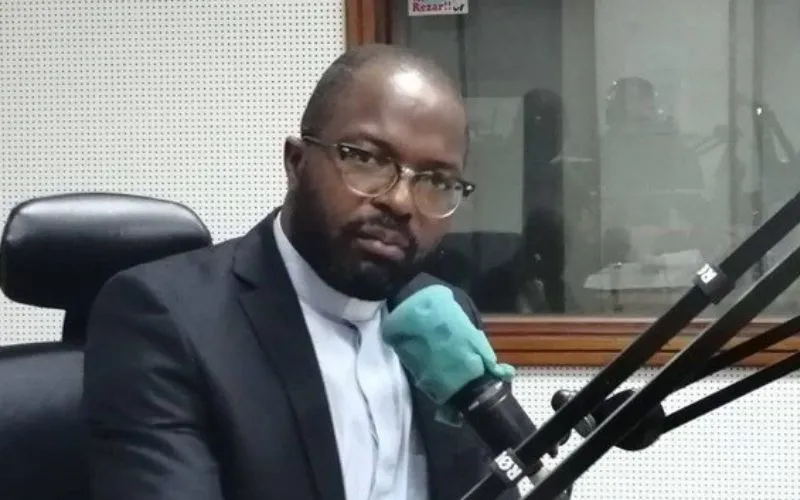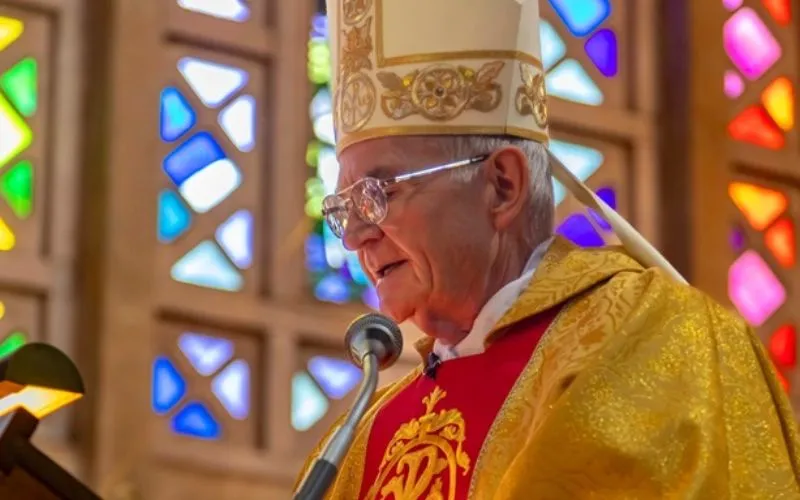Luanda, 13 June, 2024 / 4:39 pm (ACI Africa).
There is need for stakeholder collaboration to have the Southern African nation of Angola become a country governed by rightful values, the Executive Secretary of the Catholic Commission for Justice and Peace (CCJP) of the Catholic Bishops’ Conference of Angola and São Tomé (CEAST) has said.
Addressing religious leaders in Angola during a one-day seminar on Wednesday, June 12, Fr. Celestino Epalanga said, “We have been talking for a long time about the need to rescue moral and ethical values.”
“When we see a child or an adult vandalizing public property, or disrespecting the organs of sovereignty, we must recognize that we have all failed,” Fr. Epalanga said, attributing the failure to “families, churches, schools, and the government, because we are all responsible.”
He emphasized, “The issue of rescuing moral and ethical values must involve everyone. Let's all take an active part in rehabilitating and supporting wounded societies, rebuilding minds and building values.”
“No one is exempt from collaborating according to their possibilities, their voice, and their development; the common good means preserving public goods and working for the good of all,” the Angolan member of the Society of Jesus (SJ/Jesuits) during the seminar that was held at CEAST headquarters in Luanda.








